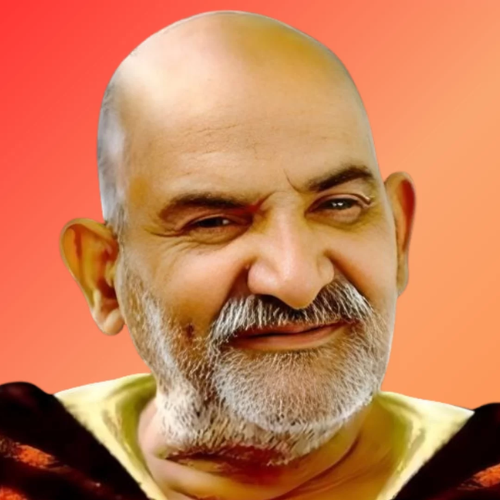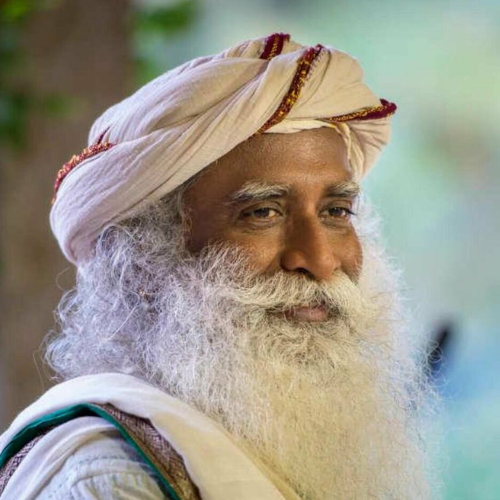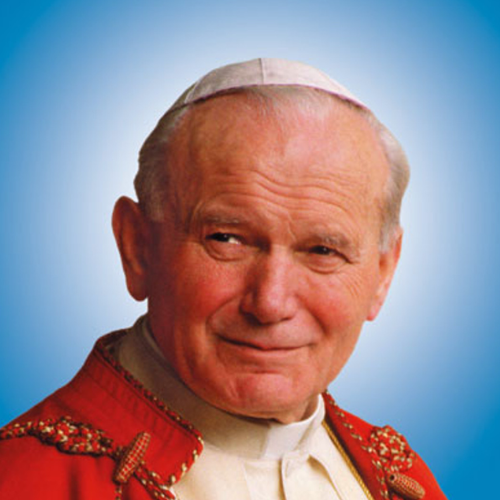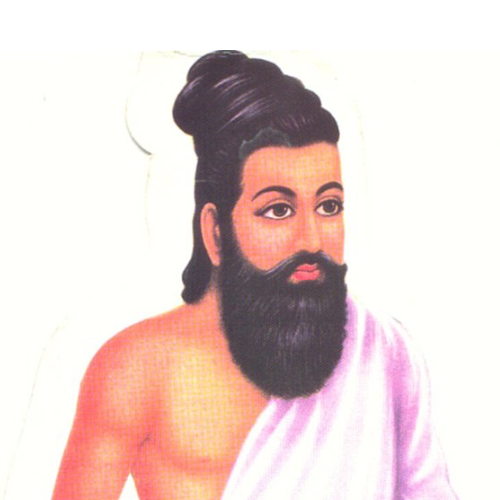Advaita Quotes
Topics:
Abundance (20)
Advaita (14)
Alone (191)
Angels (16)
Anger (180)
Animals (39)
Art (1407)
Atman (30)
Attachment (98)
Awakening (38)
Awareness (159)
Beauty (129)
Bhakti (16)
Bliss (123)
Body (654)
Brahma (63)
Brahman (39)
Brain (50)
Breath (134)
Buddhism (16)
Change (272)
Compassion (184)
Confidence (38)
Consciousness (328)
Courage (98)
Creativity (79)
Culture (64)
Darkness (83)
Death (254)
Desire (301)
Destiny (28)
Dharma (29)
Discipline (61)
Disease (53)
Divine (249)
Divinity (26)
Dream (107)
Dreams (25)
Earth (173)
Effort (147)
Ego (245)
Energy (132)
Enlightenment (74)
Evil (162)
Evolution (62)
Existence (191)
Eyes (139)
Failure (51)
Faith (224)
Family (77)
Fear (295)
Food (84)
Forgiveness (35)
Freedom (167)
Friend (158)
Future (182)
God (1448)
Grace (115)
Gratitude (43)
Guru (110)
Habits (30)
Happiness (320)
Happy (205)
Harmony (81)
Hatred (52)
Health (94)
Heart (693)
Heaven (128)
Hell (37)
Honor (50)
Human (535)
Humanity (88)
Ignorance (114)
Illusion (72)
Imagination (48)
India (69)
Infinite (141)
Intellect (80)
Intelligence (66)
Intuition (26)
Jesus (106)
Journey (72)
Joy (420)
Justice (69)
Karma (57)
Knowledge (338)
Krishna (101)
Kriya Yoga (827)
Liberation (46)
Life (1404)
Light (479)
Love (1337)
Manifestation (43)
Mantra (25)
Maya (28)
Meditation (281)
Mind (1257)
Miracle (40)
Moment (343)
Money (71)
Music (96)
Nature (389)
Nonviolence (23)
Ocean (112)
Paradise (19)
Past (154)
Patience (70)
Peace (431)
People (623)
Philosophy (43)
Pleasure (119)
Poverty (47)
Practice (287)
Pranayama (14)
Prayer (137)
Purpose (129)
Reality (223)
Religion (200)
Sacrifice (58)
Sadhana (32)
Secret (117)
Seeker (47)
Senses (66)
Service (120)
Silence (160)
Simplicity (26)
Sin (701)
Sleep (76)
Smile (54)
Society (101)
Sorrow (82)
Soul (532)
Sound (65)
Source (138)
Spirit (578)
Spiritual (411)
Success (137)
Suffering (247)
Sun (139)
Surrender (63)
Thoughts (247)
Time (630)
Touch (107)
Truth (506)
Unconscious (44)
Understanding (124)
Unity (135)
Universe (243)
Vedanta (30)
Violence (71)
War (681)
Wealth (107)
Wisdom (170)
Work (382)
World (1043)
Yoga (142)
Zazen (12)
Zen (72)
Advaita Quotes
Advaita is entirely philosophically-based on reason and most importantly on our common shared experience. Advaita does not demand of you any kind of belief, it does not demand of you any kind of extraordinary mystical experience, it just demands of you that you are conscious and then look at the structure of our conscious experience—a subject and an object.
Shankara’s commentary on the Brahma Sutra is the foundation of Advaita Vedanta, nondual Vedanta … ‘Nondual’ means apart from you—that real Self—there is no other thing. You are the only reality that exists. Apart from you, there is no second thing. If there is not two, a very interesting consequence is then everything that we see around you must be, in some sense, you only—not not apart from you … Consciousness is nondual meaning there is no second thing apart from consciousness … In you the consciousness, the entire universe is an appearance—not a second thing apart from you, hence you are that nondual consciousness … Oneness at the core expressed as the many—then what we have to practice is the harmony of the many.
Advaita says the entire universe is an object, known and unknown, appearing in consciousness—not distinct from consciousness, not constituting a countable second to consciousness. It’s not actually a second entity apart from consciousness, just as waves are not a countable second apart from water … All the universe, known and unknown, is nothing but consciousness appearing to itself as its own objects, and therefore not two, non-dual.
Advaita Vedanta is one of the schools of Vedanta, but I would dare say it’s sort of preeminent because of certain reasons which make it peculiarly acceptable to the modern mind. There is little to no theology, and the emphasis is on experience and reason. Advaita Vedanta gives tremendous emphasis and importance to life as we experience it, and then uses reason to come to its conclusions … The conclusion of Advaita Vedanta was that we are, in a sense, profoundly mistaken about our own nature … Advaita’s purpose is to educate us, to shift our paradigm, so that we come to see the world and ourselves in that way.
The more one becomes fit for the practice of Advaita Vedanta, the less is the consciousness of the body and world around. Advaita and body-consciousness do not go together.
From an Advaitic point of view, there is freedom, not free will … Advaita says there is freedom—you as Atman are free, but as a limited, individual being you do not have free will.
Advaita Vedanta makes a clear distinction between mind and consciousness on the basis that mind is something that appears to consciousness. Therefore, consciousness is just that which illumines all objects … First-person experience is what consciousness does … From Advaita’s perspective, the definition of experience is ‘consciousness plus object.'
Vedanta is a vast, vast literature. It’s an ancient tradition, 5000 years back to the Upanishads. And, yet you can describe Advaita Vedanta in one sentence: Tat Tvam Asi (That Thou Art) … ‘That’ meaning that which is worshipped as God, the reality behind this universe. ‘Thou’ meaning you the individual. You and that are the same thing … We investigate these two polarities … The analysis into who am I or what am I, and an analysis into what is God. Then you come to a synthesis: seeing that what is the reality beyond God and beyond individual.
- 1








